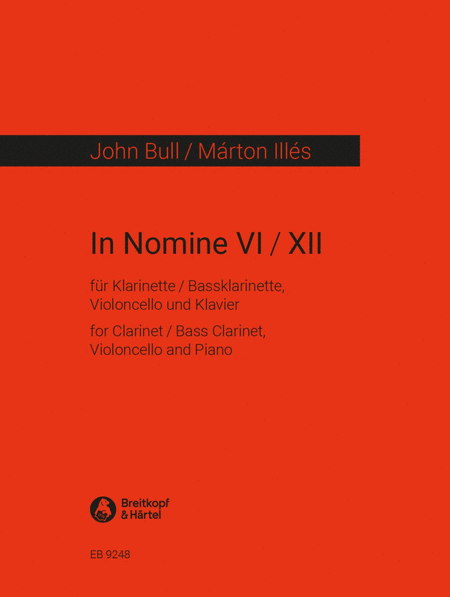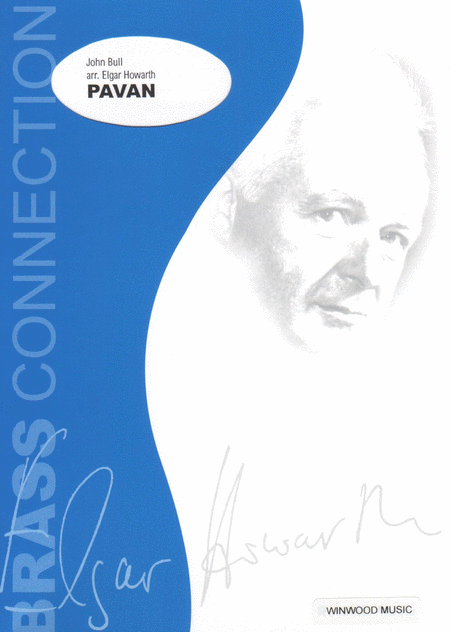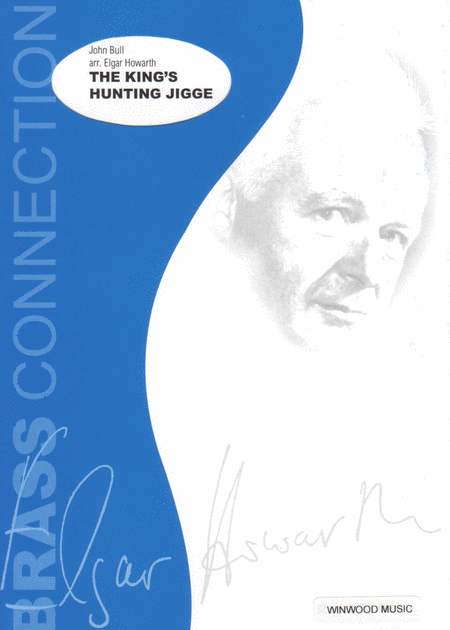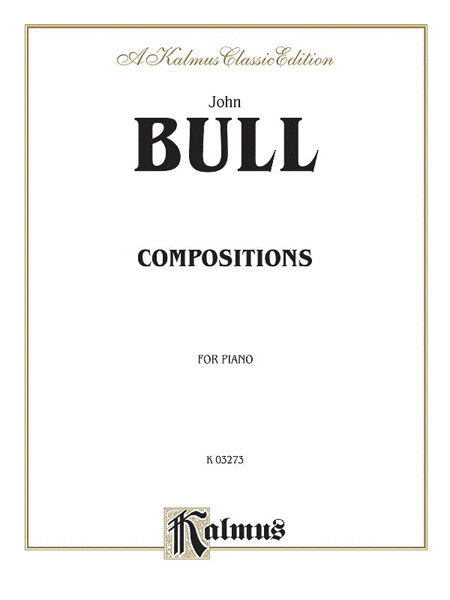John Bull 1628
 Royaume-Uni
Royaume-Uni
 Royaume-Uni
Royaume-UniJohn Bull (1562 or 1563 ? 15 March 1628) was an English composer, musician, and organ builder. He was a renowned keyboard performer of the virginalist school and most of his compositions were written for this medium.
Works
Bull was one of the most famous composers of keyboard music of the early 17th century, exceeded only by Sweelinck in the Netherlands, Frescobaldi in Italy, and, some would say, by his countryman and elder, the celebrated William Byrd. He left many compositions for keyboard ... (Read all)
Source : Wikipedia
Works
Bull was one of the most famous composers of keyboard music of the early 17th century, exceeded only by Sweelinck in the Netherlands, Frescobaldi in Italy, and, some would say, by his countryman and elder, the celebrated William Byrd. He left many compositions for keyboard ... (Read all)
Source : Wikipedia
FREE SHEET MUSIC
- Harp
2 sheets found sorted by:
Search
| ||||||||||||||||||||















 SHEET MUSIC
SHEET MUSIC